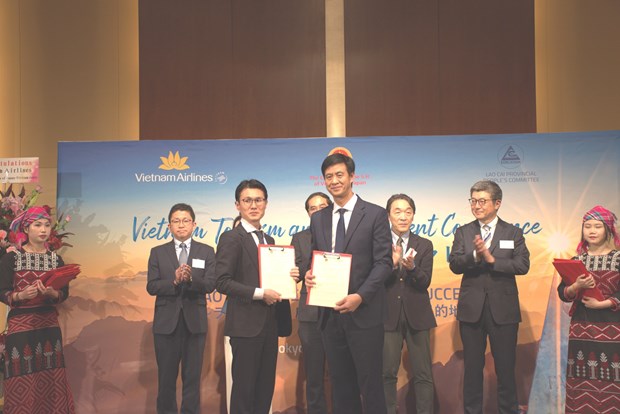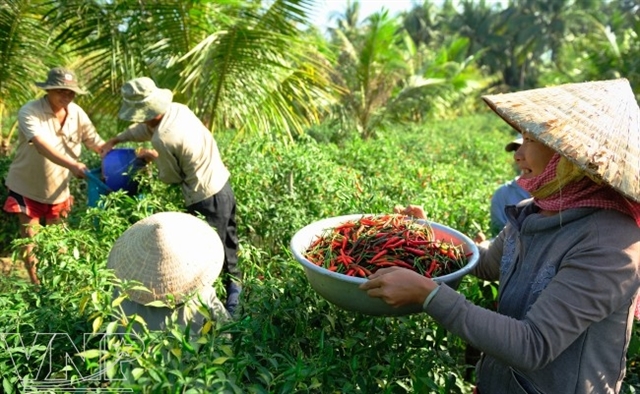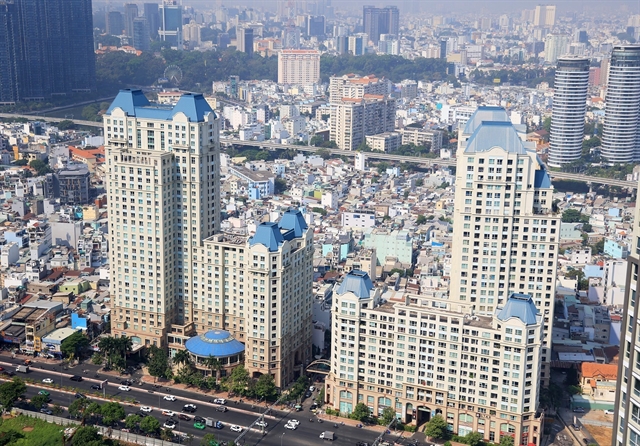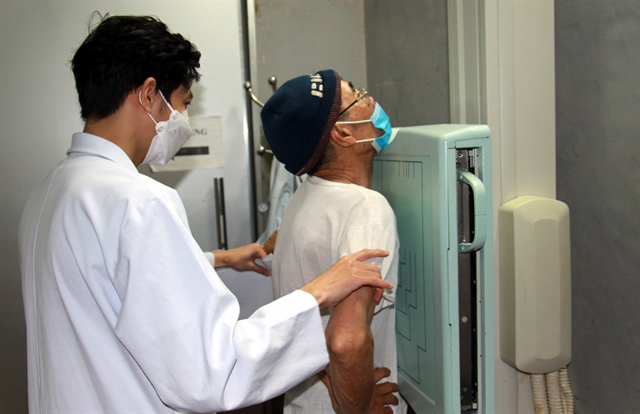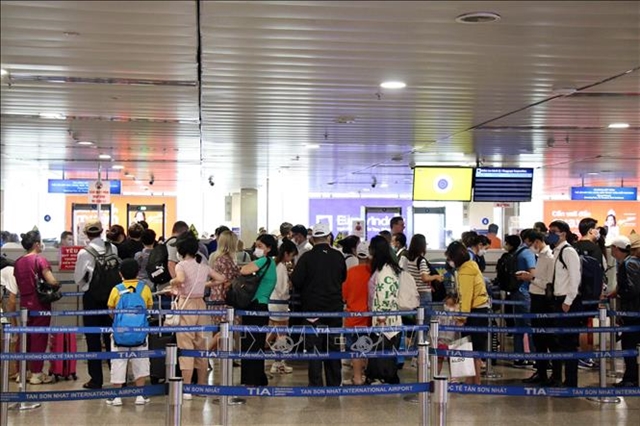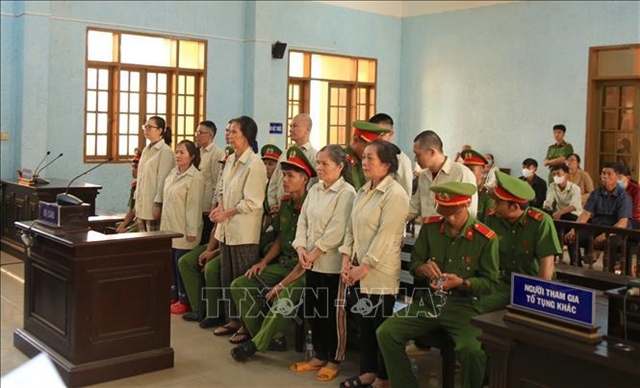 Society
Society

The Cửu Long (Mekong) Delta province of Trà Vinh has developed many new varieties of rice and other crops that are resilient to climate change.
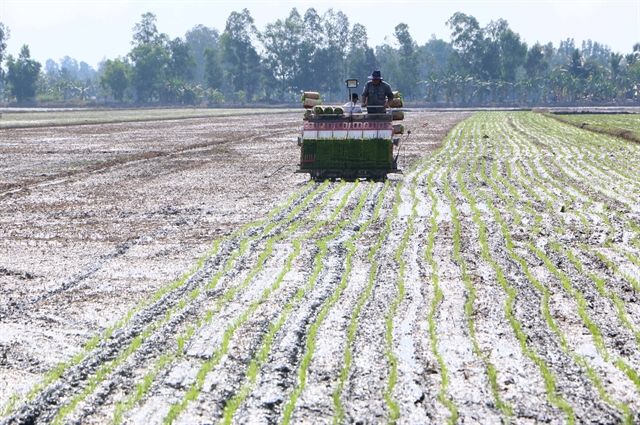
|
| Smart rice farming in Trà Vinh Province’s Tiểu Cần District. — VNA/VNS Photo Duy Khương |
TRÀ VINH — The Cửu Long (Mekong) Delta province of Trà Vinh has developed many new varieties of rice and other crops that are resilient to climate change.
Phạm Minh Truyền, director of the provincial Department of Agriculture and Rural Development, said the province has created many new plant varieties with high yields and quality.
Besides, they grow well in alum- and saltwater-affected areas and in drought-prone areas, he said.
The province has developed 30 new rice varieties with 10 per cent higher productivity than old varieties.
It has developed dozens of models that use advanced farming techniques in growing crops, aquaculture and animal husbandry since 2016, according to the department.
Smart rice farming reduces the amount of water required by 30 per cent and labour costs and seeds by 50 per cent compared to traditional methods.
Farmers adopting the smart rice farming model have achieved positive results like reducing the use of urea fertilisers by 40 per cent, water by 30 per cent and labour costs and seeds by 50 per cent
The income from smart rice farming is 20 per cent higher than from traditional methods, according to farmers.
Other farming models include growing safe vegetables and fruits such as red flesh dragon fruit, Hòa Lộc mango and king orange to good agricultural practice standards.
The province has propagated advanced farming techniques for growing genetic modified corn, hybrid rice, orchids and peanut.
The province, one of the delta’s largest peanut producers, last year instructed farmers to grow peanuts for seeding during the rainy season to increase their incomes.
Based on that, farmers grow the MD7 peanut variety, which has a yield of 7.5 tonnes per hectare, 2.5-3 tonnes more than other peanut varieties planted in the rainy season.
Kim Ngữ, who grows peanuts for seeding in Cầu Ngang District’s Long Sơn Commune, said the nuts are often planted in the dry season since the yield is normally double that of the rainy season and the quality is also higher.
However, farmers grow MD7 peanut variety to organic standards using plastic sheets to cover the ground to prevent pests, and the yield and quality are high, he said.
The province has around 14,000ha of coastal sand dunes which are suitable for growing peanut.
It grows peanuts on around 4,500ha annually, mostly in the dry season.
It has encouraged farmers to establish co-operative teams and co-operatives and expand the area under the crop to 8,500ha and annual output to 45,000 tonnes.
Most agriculture production models in the province are on a small scale, which limits investment and the use of advanced farming techniques.
Thus, advanced farming techniques have not been effectively deployed, according to the department.
The department in co-operation with relevant agencies is studying to find more new varieties of crops and livestock suitable for the province’s conditions, offer better yields and are resilient to climate change. — VNS


